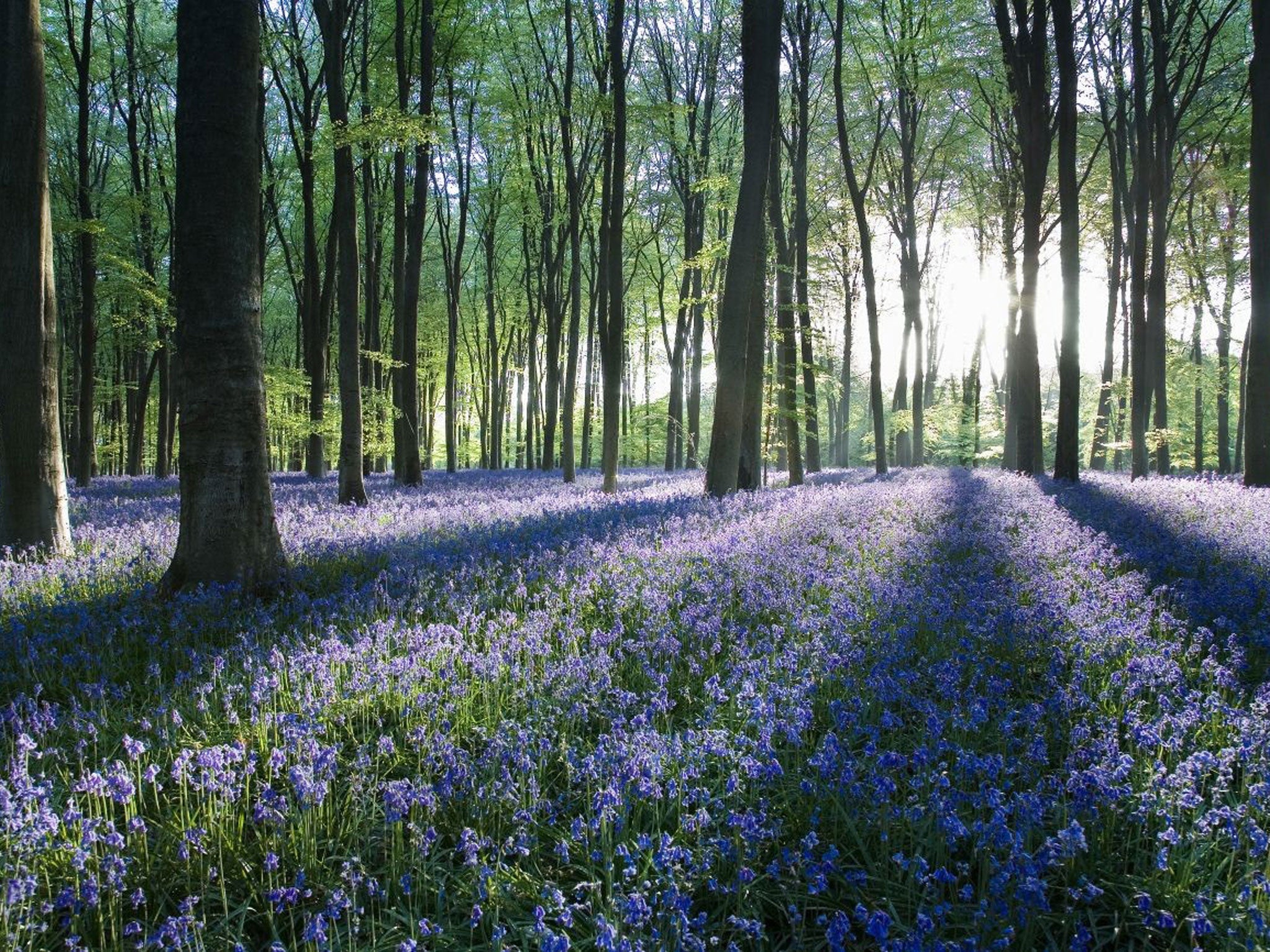The Moth Snowstorm: Nature and Joy by Michael McCarthy, book review
It is part of the human condition to rejoice in the natural world: we should embrace it

Your support helps us to tell the story
From reproductive rights to climate change to Big Tech, The Independent is on the ground when the story is developing. Whether it's investigating the financials of Elon Musk's pro-Trump PAC or producing our latest documentary, 'The A Word', which shines a light on the American women fighting for reproductive rights, we know how important it is to parse out the facts from the messaging.
At such a critical moment in US history, we need reporters on the ground. Your donation allows us to keep sending journalists to speak to both sides of the story.
The Independent is trusted by Americans across the entire political spectrum. And unlike many other quality news outlets, we choose not to lock Americans out of our reporting and analysis with paywalls. We believe quality journalism should be available to everyone, paid for by those who can afford it.
Your support makes all the difference.In the past, climate change campaigners have become extremely irritated by sceptics such as Nigel Lawson likening their cause to a new religion. For a start, they reply, religion is based on faith, the belief in climate change on hard evidence. Yes, they and Christians share a taste for apocalyptic narrative, but the environmental apocalypse can be avoided. And while churches tend to be conservative, environmental campaigners are radical and, you know, fun.
Many neutrals, however, find campaigners more finger-waggy than fun-filled and, noting this, some activists are now heretically wondering if churches might teach them something about making converts. Last month George Marshall, founder of the Climate Outreach Information Network, said exactly that, and some environmentally-minded church leaders have agreed.
The Moth Snowstorm: Nature and Joy, a combination of memoir, natural history and homily by the former environmental editor of The Independent, makes a similar argument. Rather than looking to established religions, though, McCarthy contends that we need to embrace our natural propensity to take joy in nature. This propensity, he says, is "hardwired" in our genes from our distant past as hunter-gatherers on the African savannahs. Its importance to our wellbeing is demonstrated by the fact that in US hospitals, recovery times for patients with garden views tend to be shorter than for those without. And appealing to a sense of joy and wonder in the natural world will persuade more people to care for it than will talk of sustainable development or ecosystems.
McCarthy's exposition is impassioned, polemical and personal. It is interwoven with international reportage and autobiographical accounts of a troubled childhood on Merseyside, and his relationships with his family, particularly his mother, Norah. In 1954, when he was seven, Norah was over-hastily committed to an asylum after a spell of mild mental illness, and McCarthy sent to live with an aunt. He coped by making himself indifferent to his mother, allowing a rapprochement only after adolescence.
In the autobiographical passages nature is a marvel and a solace. His descriptions of the night-time clouds of moths – the moth snowstorms of the title – that we saw in the days before farming ruined so much natural habitat are unforgettable, and his recollections of boyhood bird-watching on the River Dee Bay a delight. Particularly admirable is the way his knowledge helps him find ways of evoking the beauty of that muddy and rarely celebrated landscape feature, the estuary. "[Waders] are the gift to us of mud… the intertidal ooze at the edge of the sea is the richest in invertebrates of all habitats, able to hold in a single square metre thousands of tiny molluscs, crustaceans, marine snails and marine worms, and waders are linked to it inextricably."
He says at the outset that he does not set out "to make formal argument, a step-by-step logical assembling of evidence". Contro- versial points are made with no acknowledgment of their tendentiousness. Many agree with him that Genesis 1:28, which grants man dominion over nature, has been used to justify the abuse of nature, but he must know that respected sources have convincingly argued otherwise. One could make similar objections at least to his passages about evolutionary biology and psychology, and at times, such disdaining of evidence and counter argument can make the book feel like an exercise in preaching to the converted.
However, that may be no bad thing. At its heart, this is a book aiming to persuade those who are broadly sympathetic to think in a different way, and in that it is surely a success – and a joy.
Join our commenting forum
Join thought-provoking conversations, follow other Independent readers and see their replies
Comments